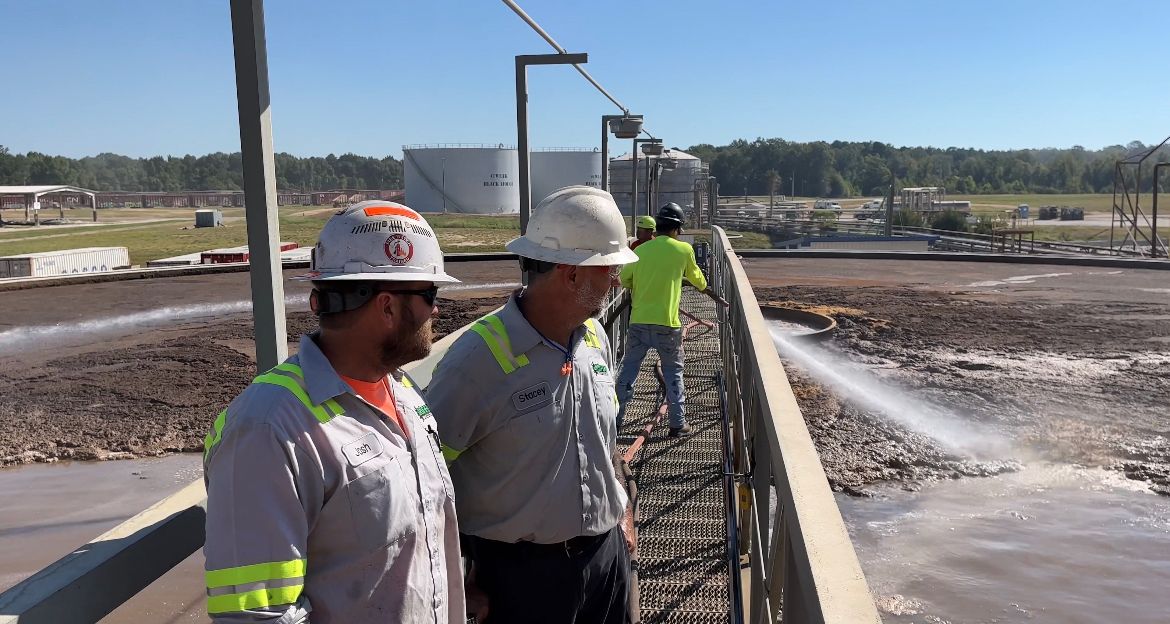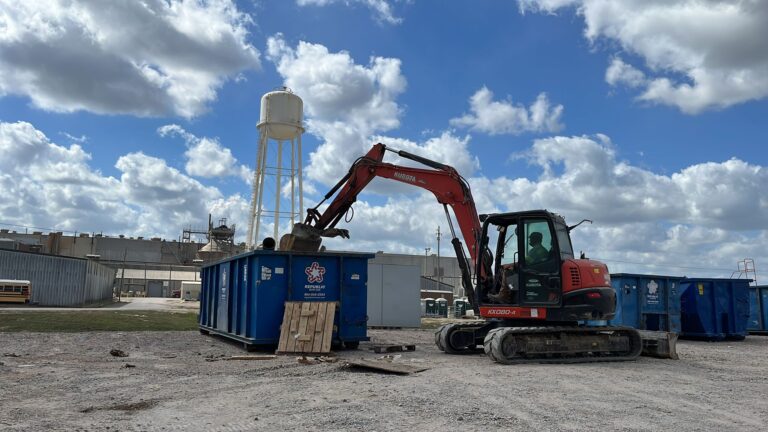Effective waste segregation management is crucial for maintaining a clean and sustainable environment. Properly sorting waste into categories such as recyclables, compostables, and general trash helps reduce the burden on landfills and promotes recycling and composting. As we become more aware of environmental issues, the need for effective management becomes increasingly important.
Understanding Waste Segregation
Waste segregation is the process of dividing waste into different categories for proper disposal or recycling. This practice helps manage waste efficiently and ensures that materials are disposed of or recycled in the most environmentally friendly way. The main categories typically include:
- Recyclables: Items that can be processed and reused, such as paper, glass, and certain plastics.
- Organic Waste: Biodegradable materials like food scraps and garden waste that can be composted.
- General Waste: Non-recyclable and non-compostable materials that are usually sent to landfills.
- Hazardous Waste: Items that require special handling due to their toxic or dangerous nature, such as batteries and chemicals.
By segregating waste into these categories, we can significantly improve the efficiency of waste management systems and reduce the environmental impact of our waste.
Benefits of Proper Waste Segregation
- Reduces Landfill Use
One of the primary benefits of effective waste segregation is the reduction in landfill use. By separating recyclable and compostable materials from general waste, we can divert a significant portion of our waste from landfills. This not only conserves space in landfills but also reduces the environmental problems associated with them, such as leachate and methane production.
- Enhances Recycling Efforts
Proper segregation makes recycling more efficient. When recyclables are sorted correctly, they are easier to process and can be transformed into new products. For example, separating paper and cardboard from other waste allows recycling facilities to process these materials more effectively, leading to higher quality recycled products and less waste.
- Promotes Composting
Organic waste segregation is vital for successful composting. When food scraps and garden waste are separated from general waste, they can be collected and composted to create nutrient-rich soil. Composting reduces the amount of waste sent to landfills and provides an eco-friendly alternative for managing organic waste.
- Prevents Contamination
Segregating waste helps prevent contamination of recyclable and compostable materials. For example, if food waste contaminates paper recyclables, it can render the paper unusable for recycling. Proper segregation ensures that each type of waste is processed correctly, maintaining the quality of recyclable and compostable materials.
- Supports Environmental Conservation
Effective waste segregation supports broader environmental conservation efforts. By reducing the volume of waste sent to landfills and enhancing recycling and composting, we conserve natural resources and reduce pollution.
Implementing Effective Waste Segregation Practices
- Educate and Raise Awareness
Education is key to successful waste segregation. Informing individuals and businesses about the importance of waste segregation and how to do it correctly can lead to better participation.
- Provide Clear Guidelines
Clear guidelines and labeling for waste segregation help individuals and organizations understand how to sort their waste correctly. This includes providing easily recognizable bins for recyclables, compostables, and general waste, as well as clear instructions on what should go in each bin.
- Invest in Infrastructure
Investing in proper waste segregation infrastructure is essential for effective management. This includes providing the necessary bins and collection systems for different types of waste, as well as ensuring that recycling and composting facilities are available and capable of handling the volume of materials collected.
- Monitor and Improve
Regular monitoring and evaluation of waste segregation practices can help identify areas for improvement. By tracking waste management data and reviewing the effectiveness of segregation efforts, adjustments can be made to enhance overall performance and ensure that waste is being managed efficiently.
- Foster Community Involvement
Engaging the community in waste segregation efforts can lead to greater success. Encouraging local groups, schools, and businesses to participate in waste reduction initiatives helps create a culture of environmental responsibility.
Challenges and Solutions
- Lack of Awareness
One of the main challenges in waste segregation is a lack of awareness. Many people are unsure of how to properly segregate their waste or are unaware of its importance.
Solution: Increase educational efforts and provide clear instructions on waste segregation practices. Outreach programs and educational campaigns can help raise awareness and improve participation.
- Inadequate Infrastructure
In some areas, the infrastructure for waste segregation is lacking, making it difficult for individuals to properly separate their waste.
Solution: Invest in better waste management infrastructure, including more bins and collection services for recyclables and compostables. Ensure that recycling and composting facilities are equipped to handle the materials collected.
- Contamination Issues
Contamination of recyclables and compostables can occur when non-conforming items are placed in the wrong bins.
Solution: Provide clear labeling and education on what materials belong in each bin. Regularly review and address contamination issues to maintain the quality of recycled and composted materials.
Conclusion
Effective waste segregation management is a crucial component of environmental stewardship. By properly sorting waste into categories, we can reduce landfill use, enhance recycling and composting efforts, and support broader environmental conservation goals. Implementing effective waste segregation practices requires education, clear guidelines, investment in infrastructure, and community involvement.




